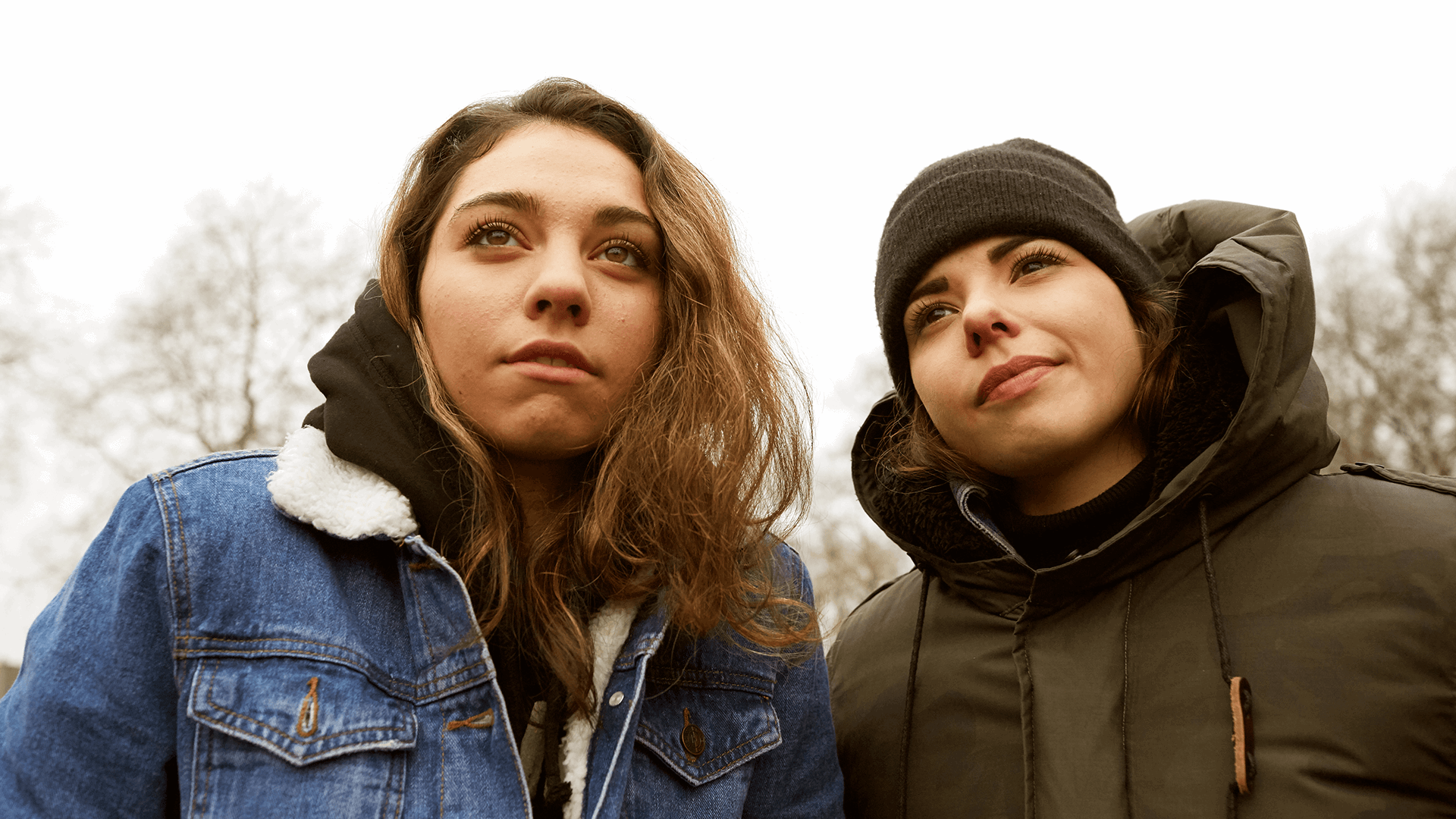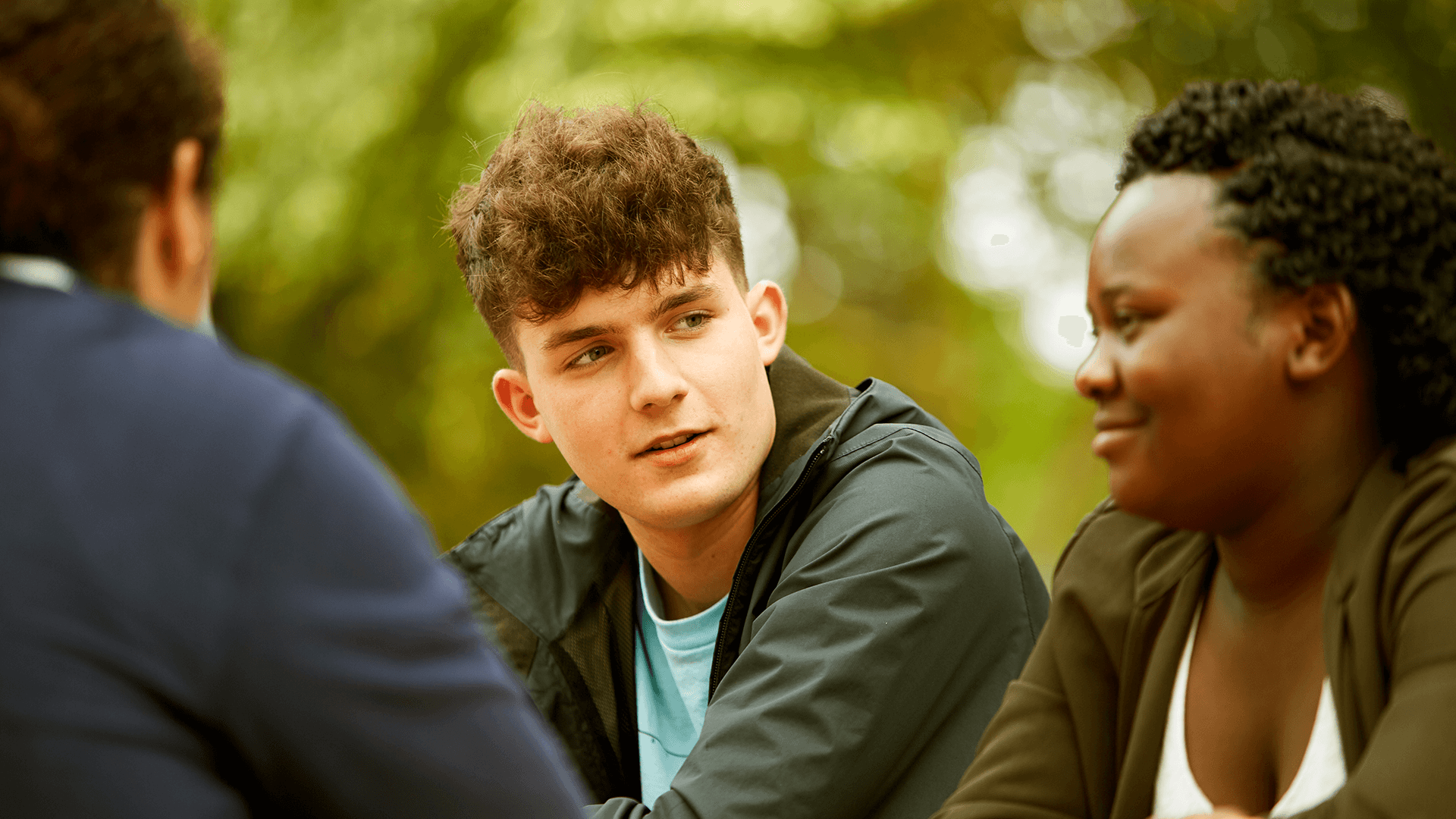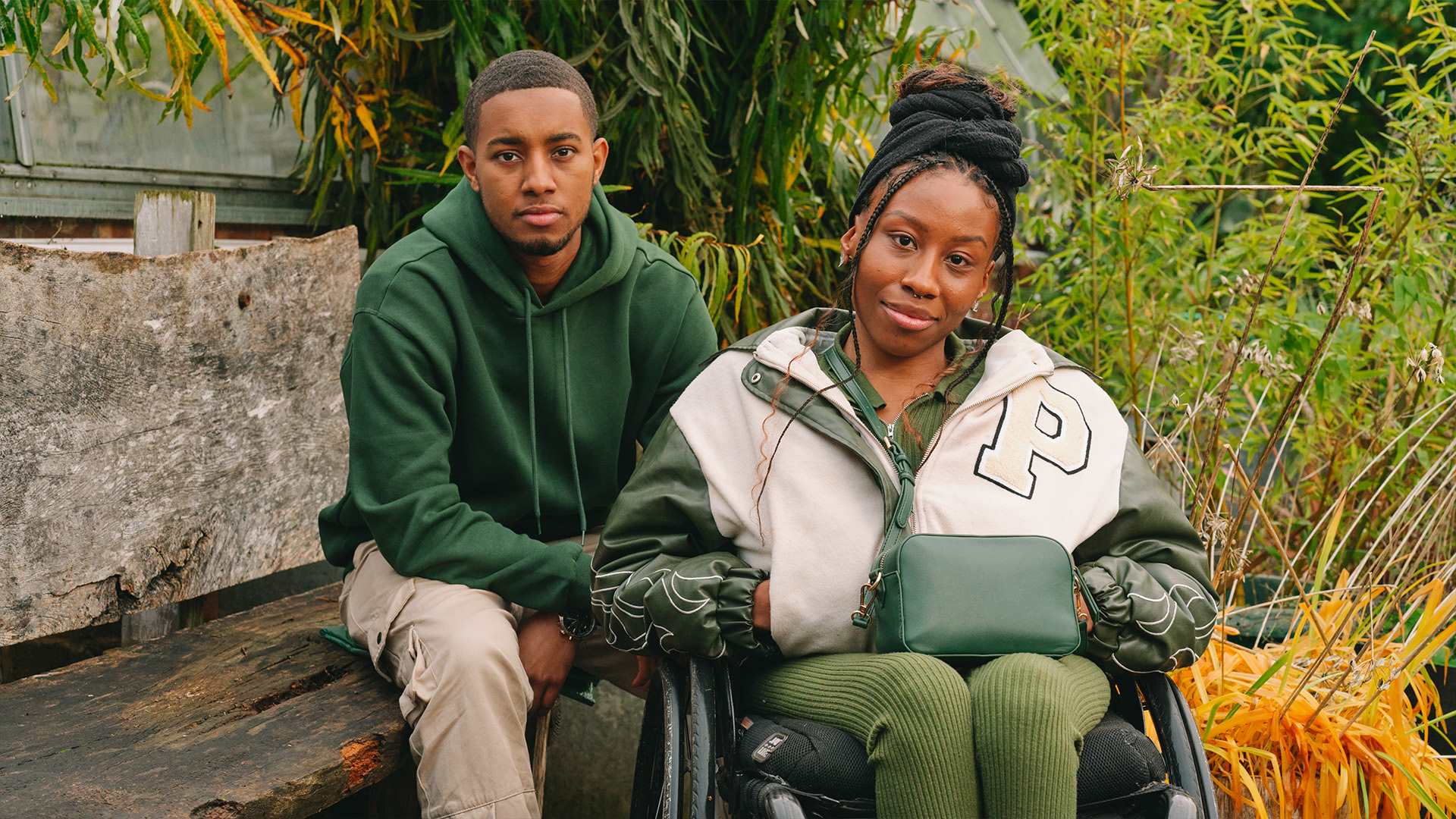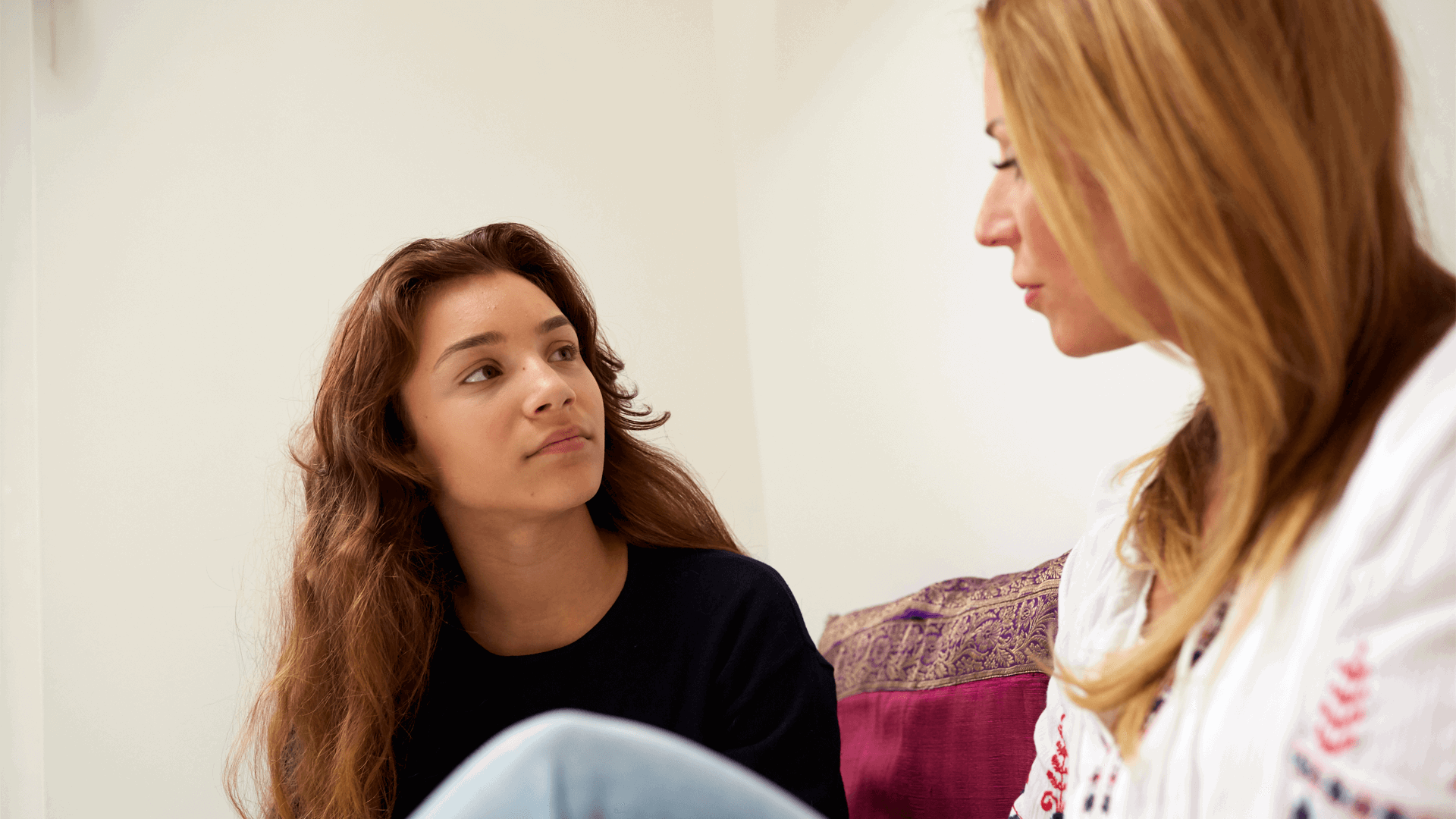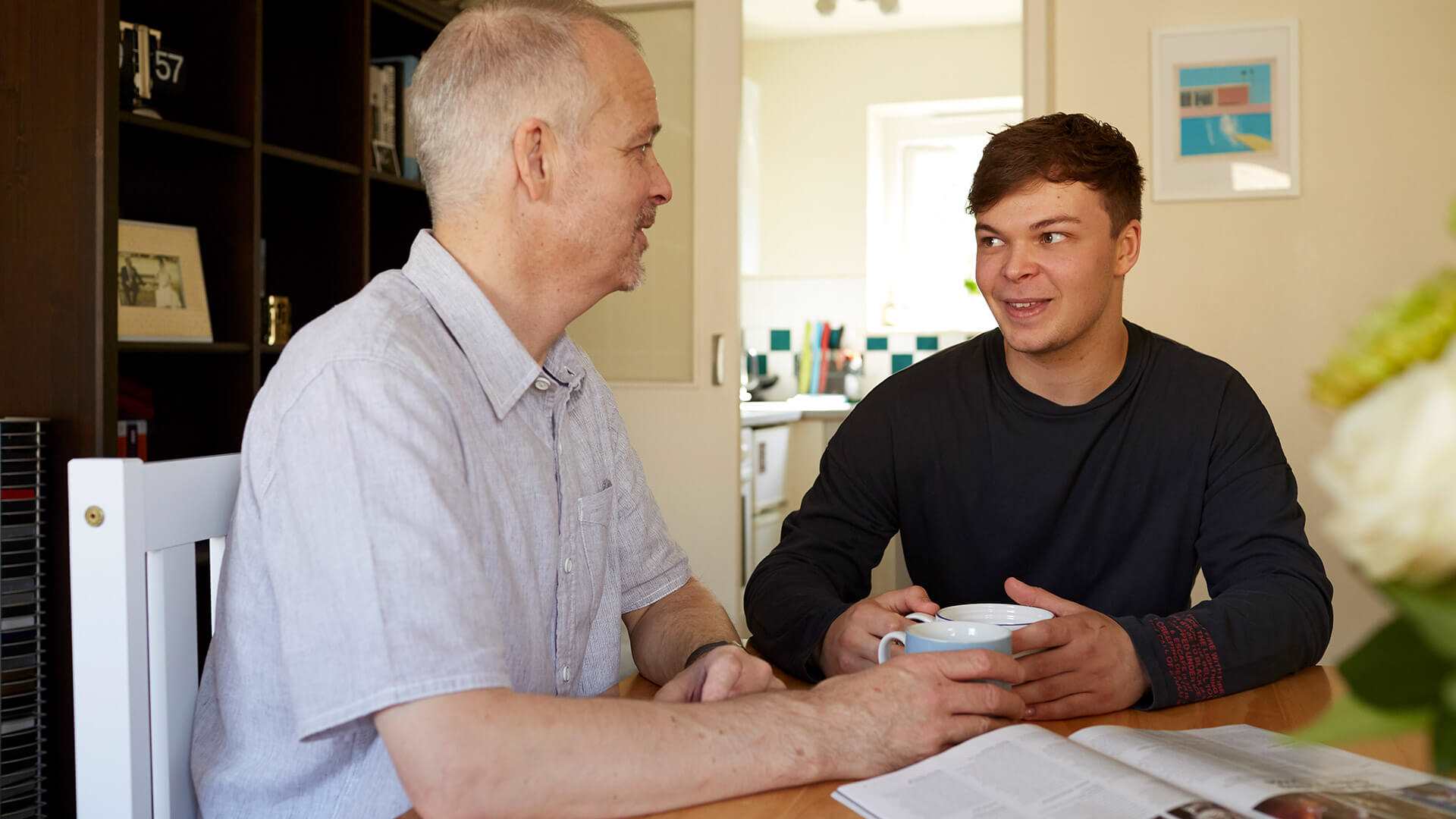Signs your child or young person is developing a more serious problem:
- they are drinking alcohol or taking drugs frequently
- their drug or alcohol use causes changes in their mood – for example by making them more irritable, tired, anxious, low or agitated
- they are experiencing other mental health issues such as anxiety or low-mood
- they are losing interest in the things they used to do, including hobbies or schoolwork
- they have become secretive about what they’re doing, or money or alcohol is regularly going missing
- they build up a tolerance, which means they need to have more and more to feel the effect
- once they start drinking or taking a drug, they find it difficult to stop and often end up drinking or taking a lot
- they feel like they ‘need’ to drink or take drugs to cope
If your child is experiencing these things, you need to get specialist help as soon as possible.
